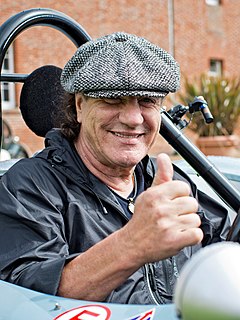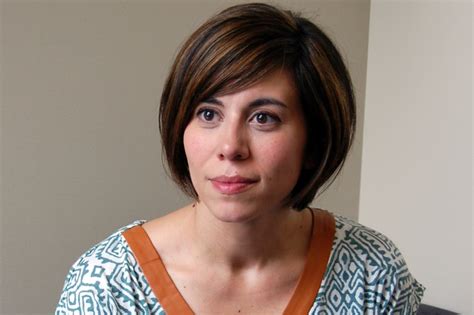A Quote by Alan Furst
I look for the dark story, where something secret was done. I read and read and pick up the trail of a true story. I use nothing but true stories. They are so much better than phony ones.
Related Quotes
To be taught to read—what is the use of that, if you know not whether what you read is false or true? To be taught to write or to speak—but what is the use of speaking, if you have nothing to say? To be taught to think—nay, what is the use of being able to think, if you have nothing to think of? But to be taught to see is to gain word and thought at once, and both true.
If you look at the life of Jesus, that's an example of true worship. You know look at the stories, if you want to learn about real worship read Matthew through John. Seriously. You just read it and you will see the true level. You see when Jesus is in the boat and the storm comes when it comes and the winds are blowing and Jesus is sleeping in the boat and the disciples are freaking out. And Jesus wakes up and says "What you guys got is a problem, no?" and he commands the seas to be calm that's true worship.
The best advice I can give on this is, once it's done, to put it away until you can read it with new eyes. Finish the short story, print it out, then put it in a drawer and write other things. When you're ready, pick it up and read it, as if you've never read it before. If there are things you aren't satisfied with as a reader, go in and fix them as a writer: that's revision.
It's hard to tell if anyone's interested in reading a serialized story. But it's interesting to put in a cliffhanger each week. That was popular in old comic strips. They'd write a weekend story different from the daily strip. So people follow one story day to day, and a separate story on weekends. If you read them, you think "I'll read two more." Then you're like "I gotta find out!" And you read 500 more.
In this tradition a story is 'holy,' and it is used as medicine," she told Radiance magazine. "The story is not told to lift you up, to make you feel better, or to entertain you, although all those things can be true. The story is meant to take the spirit into a descent to find something that is lost or missing and to bring it back to consciousness again.
I don't think we need a critic to negotiate with the audience. People say, "Who are you writing for?" I'm writing for myself but my audience is anybody who knows how to read. I think a story should engage anybody who knows how to read. And I hope that my stories do, maybe on a different level for more sophisticated readers than, say, a high school kid, but still a story has got to grab you. That's why we read it.

































